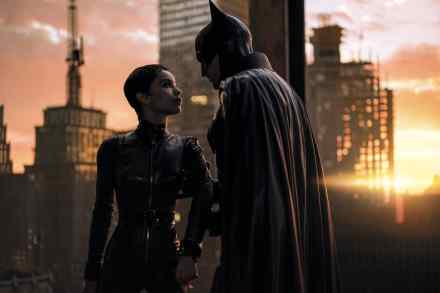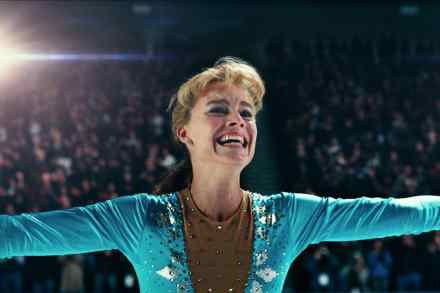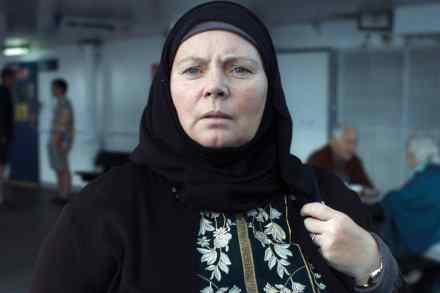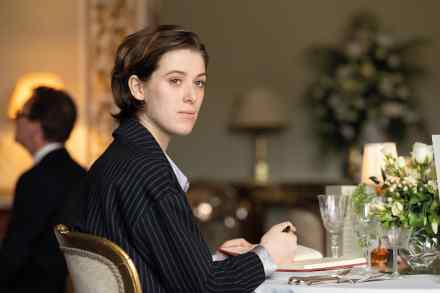Why the British don’t do superheroes
I don’t know about you but I’m a rather a fan of Batman or The Batman, if you prefer to give him the definite article as the new film does. It’s also rather heartening to see so many fine British actors earning a pretty penny portraying him – Robert Pattinson dons the cowl in the new film, hot on the heels of Christian Bale. And it’s not just Gotham’s bone crushing vigilante that our acting schools are clearly adept at preparing actors for: Brits Tom Holland Andrew Garfield have both slung webs as Spider-man and of course Henry Cavill has done the blue leotard proud playing Superman four times. As




















